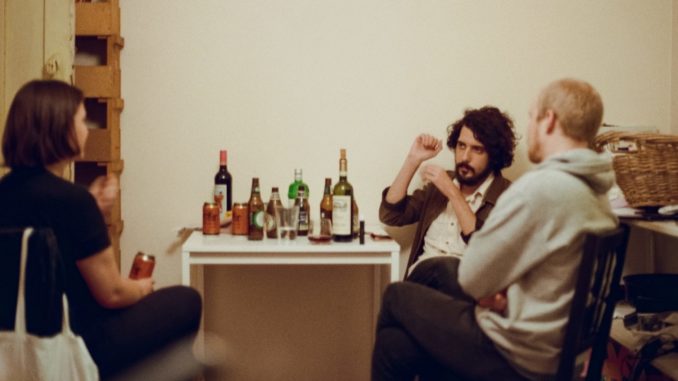
Social distancing orders in Australia are gradually being eased, meaning friends and families can reconnect in small groups for the first time in months. While this brings some relief from the loneliness of isolation, for many, the effects of the crisis still remain.
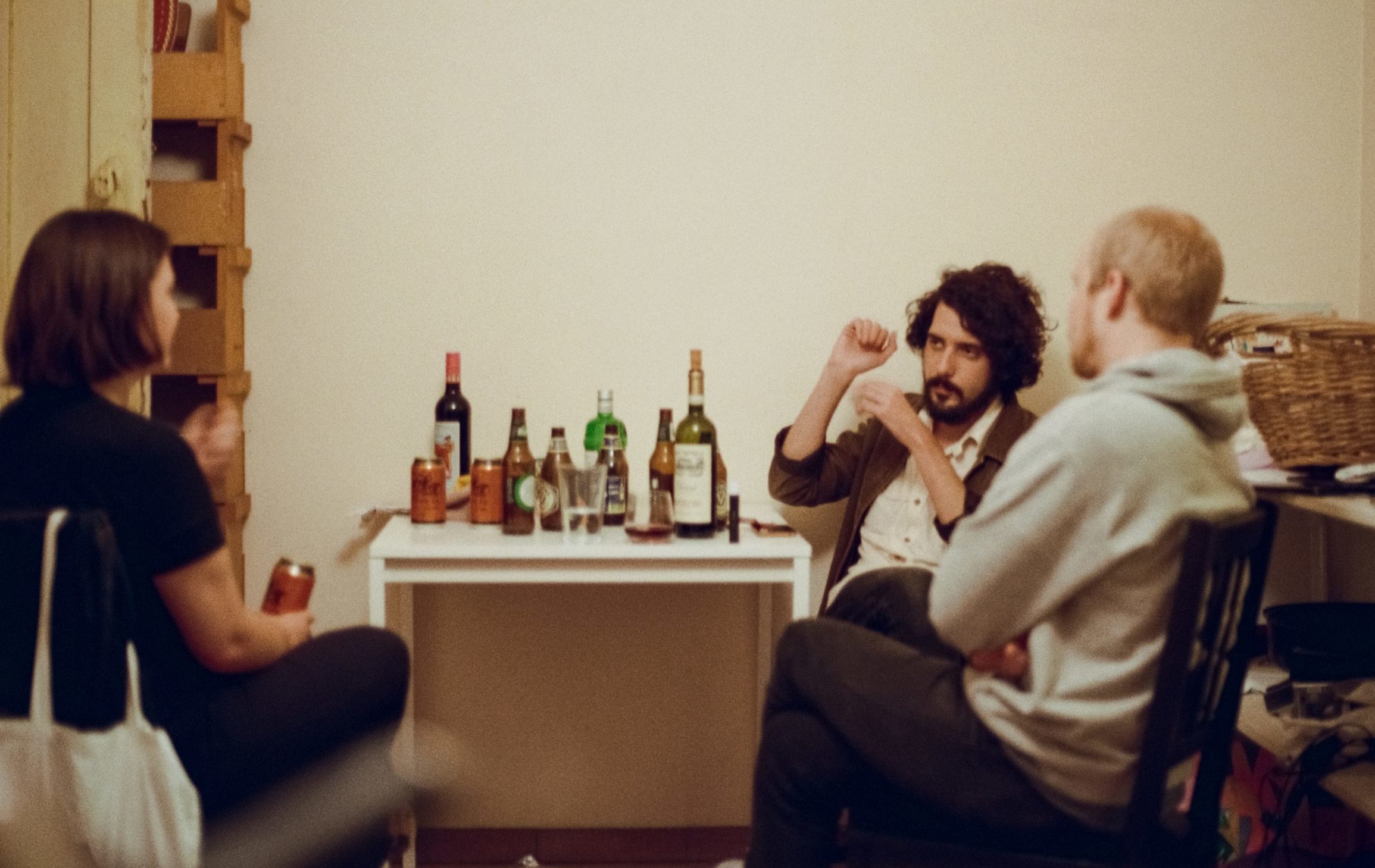
For Charlie Brookes and Lewis Atkins, entertaining for the first time since restrictions began was an opportunity to put the last two months into some kind of perspective. Both were happy to still be employed, a situation they knew was a rarity amongst other like households.
“There’s a certain survivor’s guilt when you see all of your friends get laid off and you’re like, my job was not that essential,” Brookes said.
In early March, the housemates were subject to the intricacies of maintaining social distancing in a share house. Back in “the before times”, as he puts it, Atkins had shared a beer with a friend who later tested positive for COVID-19.
“It’s a bit spooky when you come home and your own housemate has got a facemask on indoors,” Brookes said.
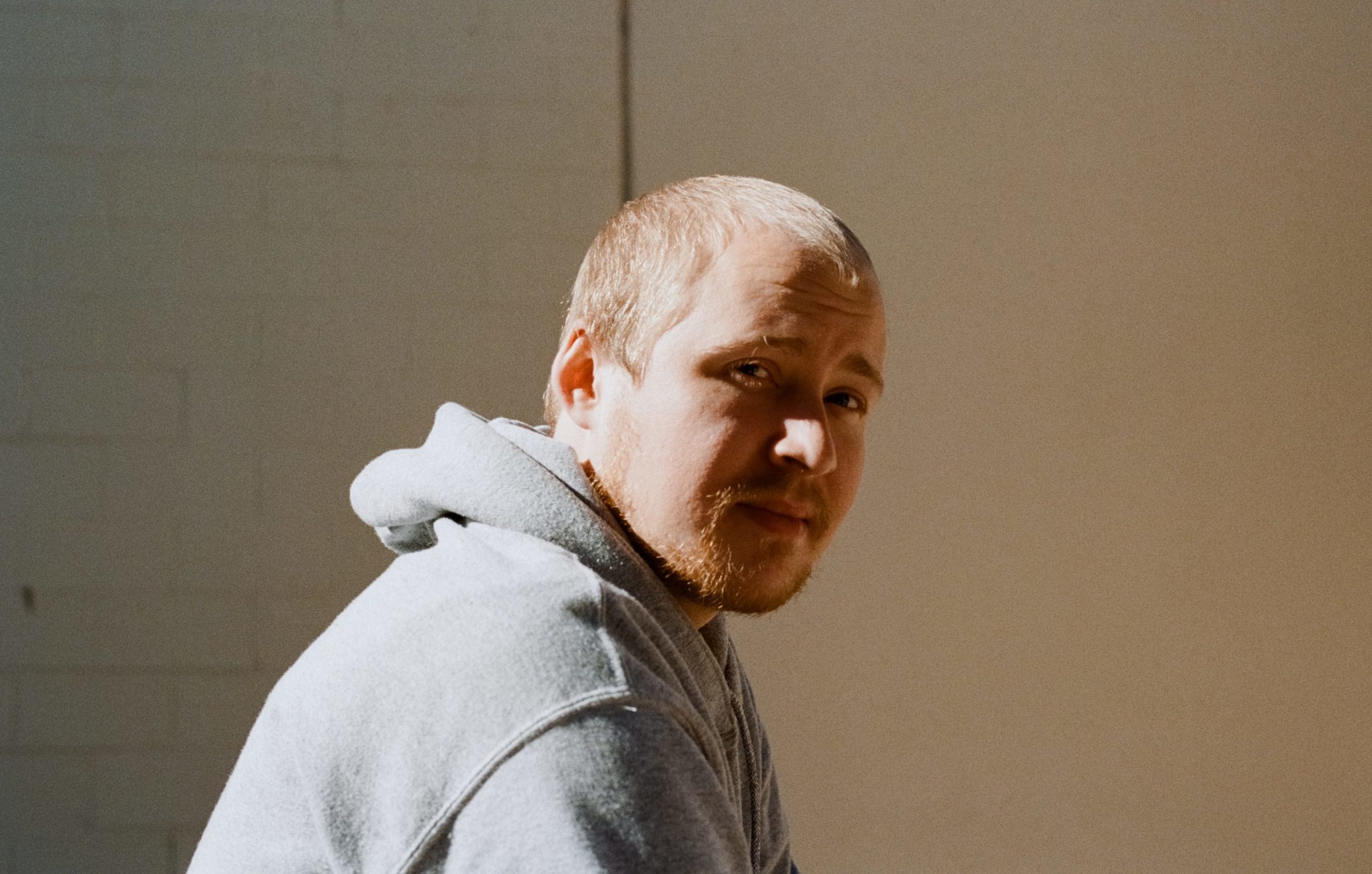
While not too concerned for his own health, Atkins had recently spent time visiting his grandfather in Canberra. A few days later, his grandfather passed away after a suspected mini-stroke.
Self-quarantining, Atkins and his mother were unable to attend the small funeral. “We just got an email with the order of ceremonies,” he said. “We’ll be doing a get together family thing maybe as early as June or July, depending on…”
Back to normal
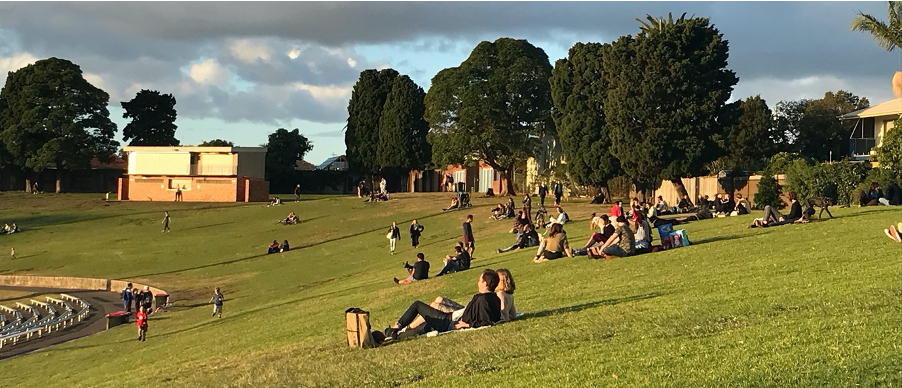
#LIVE: Update on the mental health impacts of coronavirus https://t.co/Y9nUxTaMZy
— Scott Morrison (@ScottMorrisonMP) April 29, 2020
Appearing alongside Morrison was the National Mental Health Commission CEO Christine Morgan. She spoke of the challenges of confined living and the impact the virus is having on our mental health.
However, overall access to mental health services has “dropped greatly”, said Dr Neil Jeyasingam, an adult and old age psychiatrist and clinical lecturer with the University of Sydney.
“We are seeing occasional people turning up being terrified of the COVID pandemic,” he said.
“But overall, old age mental health services access and all mental health services access has actually reduced significantly.”
Lara Ottignon, 26, admits that although the crisis has impacted her mental health, she has been reluctant to reach out for support. “The last thing I wanted was to spiral downwards,” she said. But an assumption that health services might be inundated made her hesitant.
Meeting up with friends in the park, Ottignon expressed that the easing of restrictions is both exciting and scary. “For me, it’s wild that in six weeks you can just completely change the way that you relate to people,” she said.
Future uncertainties in the job market
After returning from overseas, Ottignon had taken some time to look for what she called “meaningful work”. As the restrictions came into effect, she lost two temporary casual roles she had just secured. She said the pandemic made her realise how volatile the economy can be.
“This whole idea that people should work for themselves and have a small business and do what they want. It’s like, how quickly that can come crashing down,” she said.
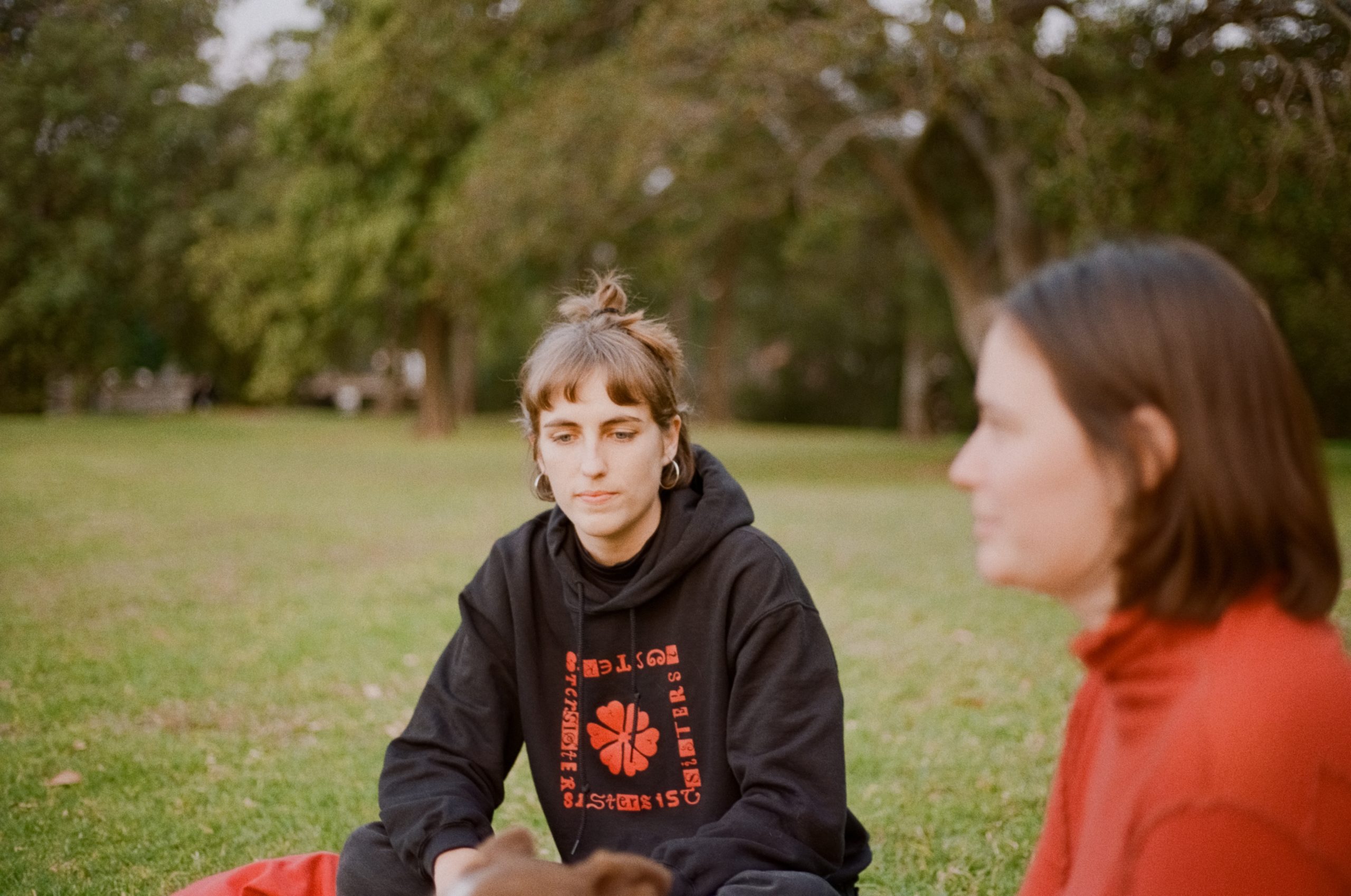
Professor John Buchanan, head of business analytics with the University of Sydney Business School, said such large drops in the labour force early in one’s career can lead to market scarring. “Unless you stay out of the long-term employment domain, then you are marked for life,” he said.
Figures from the ABS show that employment dropped by 11.8 per cent for those aged 20-29 between the middle of March and the middle of April. This was exceeded only by those aged under 20 and those over 70.
“It’s the very young and the very old that have taken big hits in employment,” Buchanan said. “As for what comes next and their prospects for work, I’m pretty pessimistic there. Every industry has lost jobs, every industry. And that’s very unusual in the down turn.
“Unless there is a very clear policy worked out by the government to support job-rich economic growth, I can’t see a simple way out of this.”
For older workers, Buchanan said, “the impulse will be to retire, but whether the resources are there to sustain it is an open question.”
Missing family connections
For primary school teacher Gail Hallinan, 67, the decision to continue working is not so much a financial concern. “Being at home and being isolated, and having a job for me, has been really important,” she said, “it’s given me motivation and purpose.”
An autoimmune disorder puts Hallinan at a higher risk of serious illness should she come into contact with the virus. Despite schools returning to normal levels of attendance, her GP recommended that she remain at home for the foreseeable future.
Regarding the easing restrictions, she said, “It really doesn’t make much of a difference to me… I’m still very restricted until, you know, the numbers are basically zero.”
She said the isolation of lockdown has been frustrating and lonely. “[It’s] been very, very difficult not to be able to see the grandkids,” she said.
Dr Jeyasingam said ensuring that older Australians still have access to mental health services during the pandemic is a significant challenge. “We know that they’re more lonely, because there isn’t that connection to their families,” he said.
However, Dr Jeyasingam added that “meaningful interactions” are important in ensuring the mental wellbeing of older Australians. “The best thing that we know for an older person to do is to have anything to do with the next generation with regards to transmitting knowledge and wisdom,” he said. “So, being able to communicate with grandchildren, children, is great, [but also] being able to learn and to teach.
For Hallinan, a silver lining of isolation has been the ability to improve her technical literacy. “My computer skills have really improved out of sight,” she said. “I’ve Zoomed for meetings. I’ve Zoomed for school with the children. “Zoom’s probably been the best form of contact.”
If you or anyone you know needs help:
- Kids Helpline on 1800 551 800
- MensLine Australia on 1300 789 978
- Suicide Call Back Service on 1300 659 467
- Beyond Blue on 1300 224 636
- Headspace on 1800 650 890
- ReachOut at au.reachout.com
- Care Leavers Australasia Network (CLAN) on 1800 008 774
- Lifeline on 13 11 14
For Charlie Brookes though, the easing restrictions mean he can now spend time with his parents again, although, social distancing is still strictly enforced when he visits. “It’s weird feeling like a danger to them, but you miss them,” he said.
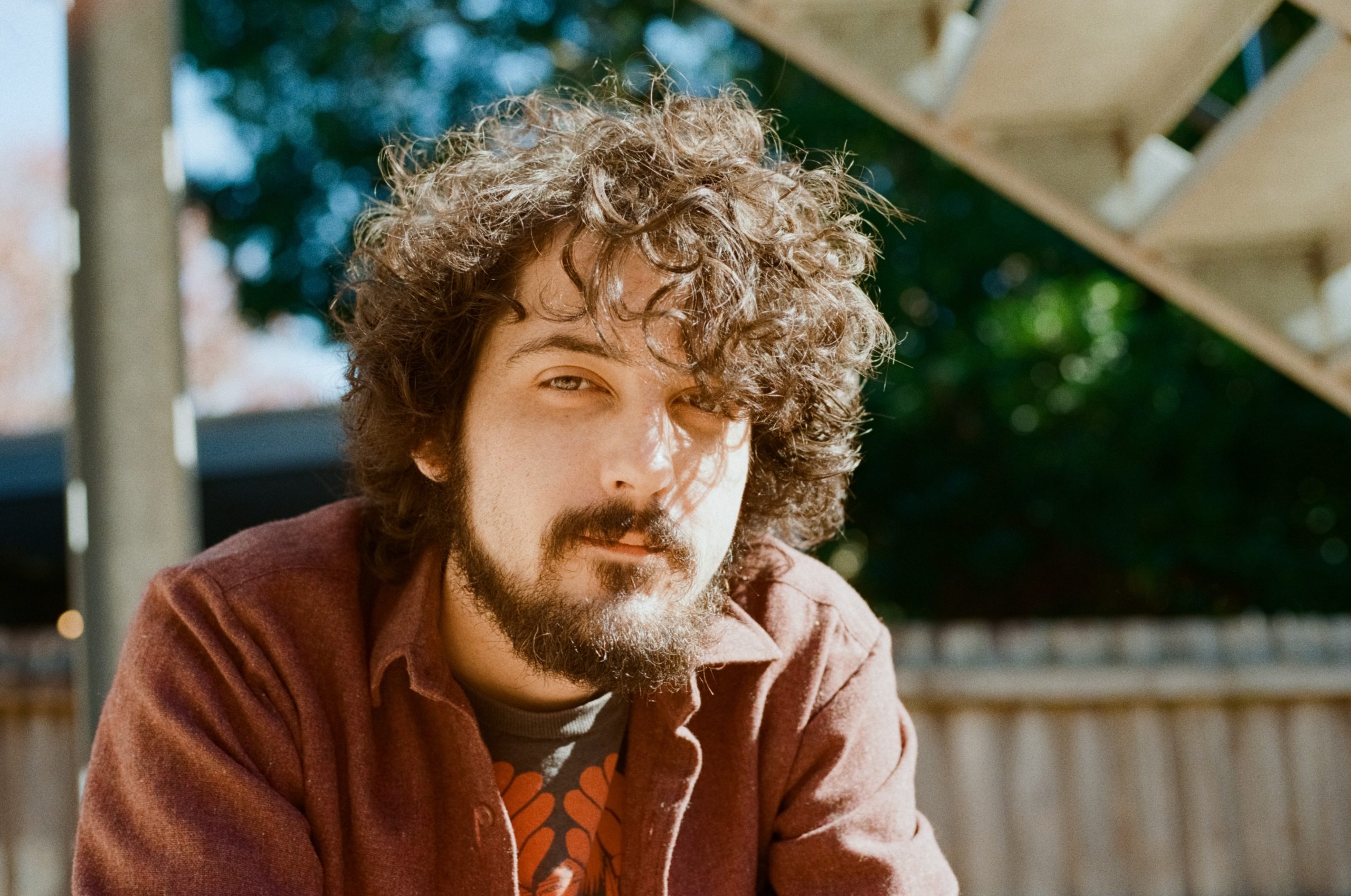


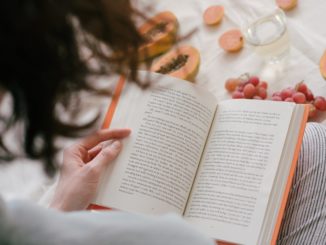
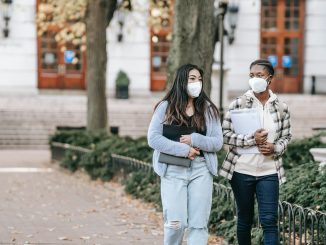
Thanks Bolun.
I used a little bit of HTML just to put in some borders and columns.